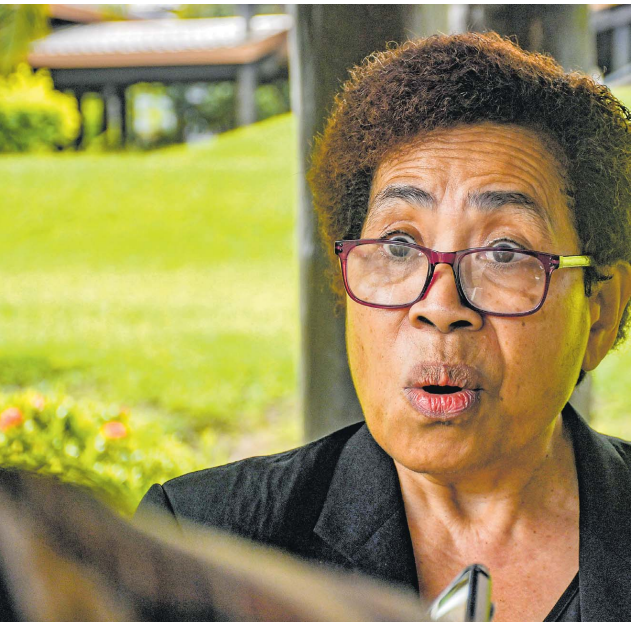THE Government now holds the responsibility to enact laws enabling a national referendum process.
The Supreme Court ruling on Friday clarified the legal interpretation of Sections 159 and 160 of the Constitution, stating that Parliament would now only require a simple majority in a national referendum to amend the Constitution, after the proposed amendment has first been approved by Parliament.
Section 160(3) in particular states that a national referendum for constitutional amendments must be conducted by the Electoral Commission “in such manner as prescribed by written law”.
However, no such law currently exists, preventing any referendum from being legally conducted under the current framework.
In response to the ruling, Human Rights and Anti-Discrimination Commissioner Alefina Vuki emphasised the need for legislative action.
“I understand that part of the referendum in section 160 talks about that it should be conducted under prescribed laws,” Ms Vuki said.
“In the Constitution there are no prescribed laws for that referendum.
“That’s for Parliament to do because Parliament is the legislative law-making body.”
Ms Vuki said the Supreme Court’s opinion now places the onus on Parliament to introduce and pass a Bill that would set out the framework and procedures for holding a national referendum.
“So Parliament will now have to do the required political action to bring to fruition this opinion by the Supreme Court.
“They’ll have to pass a Bill to establish the referendum and all the details.”
She said the ruling opens the door for potential constitutional amendments to move forward, pending the development and approval of necessary legislation.
Prime Minister Sitiveni Rabuka has yet to indicate a timeline for when such a Bill will be introduced in Parliament.



